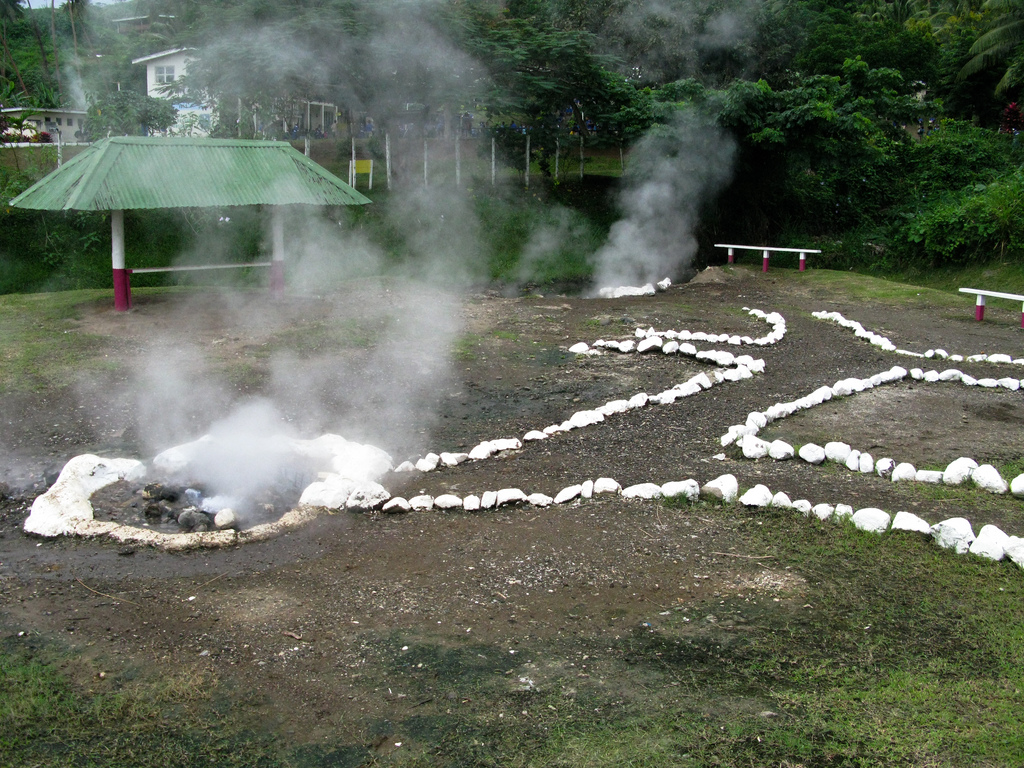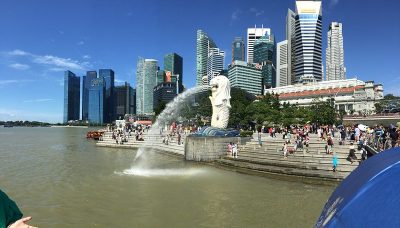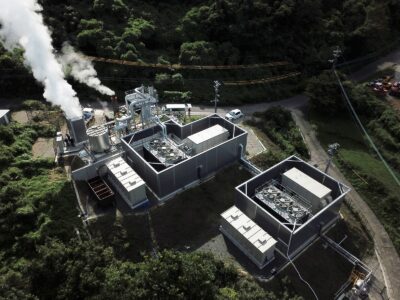Fiji to see first geothermal development at Savusavu
Developer Geothermal Electric Limited is planning its first geothermal power project on Fiji to be developed at Savusavu, with a second one aimed for at Labasa.
Reported by various news outlets, the Pacific islands state of Fiji will see its first geothermal power plant to be developed at Savusavu in the country’s norther division.
Tim Daniel, CEO and Director of Geothermal Electric Limited, was quoted as confirming that “Savusavu, our most famous hot springs area is where Geothermal Electric intends to install its first power station.” “Following that, if there is enough heat underground to produce the steam to generate electricity, the company intends to install a second power station at Labasa,” he added.
Regarding cost estimates, the company says it depends on the involvement of other companies in the development of Fiji’s geothermal resources.”
“If Fiji’s geothermal resources are developed by international energy companies, they will charge the same amount for electricity as they presently charge for diesel fuel. That’s what they already do around the world,” he said.
Daniel said the only way ahead is for Fiji to be totally independent of the outside world for electricity generation.
Fiji needed large amounts of low-cost electricity to attract industries and jobs, he said, adding “we need to drive down the cost of power to us all which will be possible if we use these resources wisely.”
Daniel, meanwhile, welcomed the message that Captain Timoci Natuva, Fiji’s Minister for Works, Transport and Public Utilities, brought back from the Second Global Clean Energy Forum in Abu Dhabi.
He strongly endorsed Natuva’s conclusion that “deep drilling is necessary to verify the estimated resources data” gathered by the Department of Energy on promising underground temperatures below Labasa and Savusavu.
Source: Bernama, Eco-Business


















